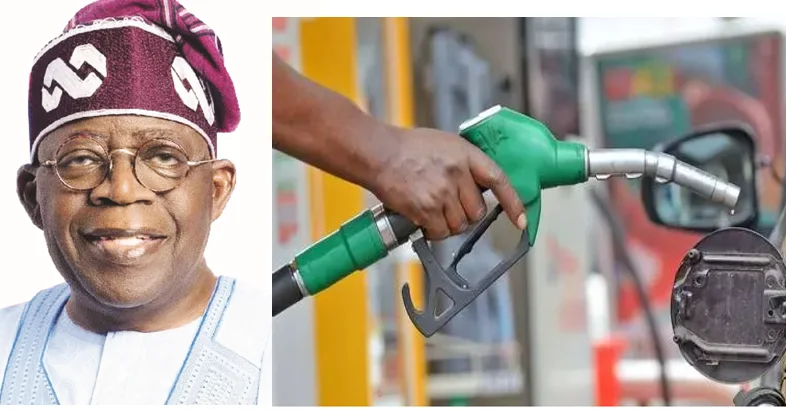President Bola Ahmed Tinubu has approved a 15 percent ad-valorem import duty on premium motor spirit (PMS), also known as petrol, and automotive gas oil (AGO), commonly called diesel, as part of efforts to harmonize import costs with domestic market realities.
Key Highlights:
- New 15% import duty applies to petrol and diesel imports effective immediately
- Policy aims to stabilize market pricing and reduce distortions in fuel supply
- Implementation to be overseen by FIRS and NMDPRA
- Decision follows a formal request by Federal Inland Revenue Service to align import duties with economic reforms
According to a presidential directive contained in a letter dated October 21, 2025, and obtained by The Trumpet, Damilotun Aderemi, the Private Secretary to the President, conveyed the approval to both the Federal Inland Revenue Service (FIRS) and the Nigerian Midstream and Downstream Petroleum Regulatory Authority (NMDPRA).
Tinubu’s decision followed a formal request from the FIRS proposing that a 15 percent ad-valorem duty be applied on the Cost, Insurance, and Freight (CIF) value of imported petroleum products. The move is expected to align fuel import costs with the broader fiscal and pricing framework under the administration’s ongoing economic reforms.
Read Also:
- Toxic fuel, scarcity: Don’t push Nigerians to the street, PDP cautions Buhari
- Outrage as Nigeria signs MoU to import fuel from Niger Republic
- Hardship Deepens: Nigerians express discontent over fuel price reduction
Officials familiar with the development said the adjustment is part of the government’s strategy to rationalize subsidies, boost non-oil revenue, and encourage local refining capacity in line with Nigeria’s Energy Transition Plan.
The measure is also expected to impact retail fuel pricing in the short term, though analysts suggest that increased revenue from the new duty could be redirected toward infrastructure, energy distribution, and social support programs.
Economic observers note that this is the first major fiscal adjustment in the petroleum import regime since the removal of the fuel subsidy in 2023. It signals Tinubu’s commitment to implementing comprehensive tax and energy sector reforms aimed at restoring fiscal stability and market efficiency.






